Building a Custom Home! Give me all the tips/tricks you have to offer!
Brea Albritton
6 years ago
Featured Answer
Sort by:Oldest
Comments (24)
Mark Bischak, Architect
6 years agoRelated Professionals
Ammon Home Builders · Cliffside Park Home Builders · Ellicott City Home Builders · Tustin Home Builders · Arizona City General Contractors · Bowling Green General Contractors · Clarksville General Contractors · Coronado General Contractors · Holly Hill General Contractors · Jackson General Contractors · Nampa General Contractors · Norridge General Contractors · Stoughton General Contractors · Texas City General Contractors · Winton General Contractorsmushcreek
6 years agomillworkman
6 years agoPinebaron
6 years agolast modified: 6 years agoSuru
6 years agolookintomyeyes83
6 years agotaconichills
6 years agolindavana
6 years agocpartist
6 years agoPensacola PI
6 years agolast modified: 6 years agoUser
6 years agoVirgil Carter Fine Art
6 years agolast modified: 6 years agoPensacola PI
6 years agolast modified: 6 years agobethd12345
6 years agoPinebaron
6 years agolast modified: 6 years agoB Sharpe
6 years agoGIRSH DEVELOPMENT INC
6 years agocpartist
6 years agolast modified: 6 years agoCarolyn T
6 years agocarladr
6 years agoCharles Ross Homes
6 years agoVirgil Carter Fine Art
5 years agoToni S
5 years ago
Related Stories
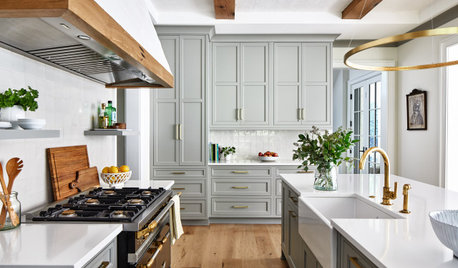
CLEANINGEco-Friendly Tips and Tricks for Cleaning Your Home
Are you wary of using chemicals to clean? These simple products and tricks will keep your home spotless naturally
Full Story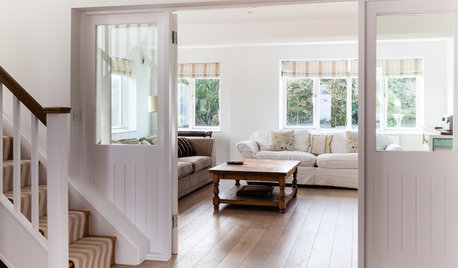
BUDGET DECORATING9 Tricks to Boost Your Home’s Appeal for Less Than $400
Whether you’re redecorating or just doing a quick update, check out these ways to enhance your home on a budget
Full Story
MODERN HOMESMy Houzz: All Right With All-White in a Modern New Jersey Home
A bold monochrome palette with black accents, modern art and treehouse-like views of NYC are stars in this couple’s dramatic home
Full Story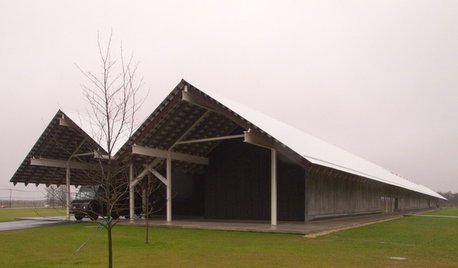
ARCHITECTURERenowned Architects Give Artworks a Minimalist New Home
A New York museum takes up residence in a newly built minimalist structure, and its architectural features offer lessons for homeowners
Full Story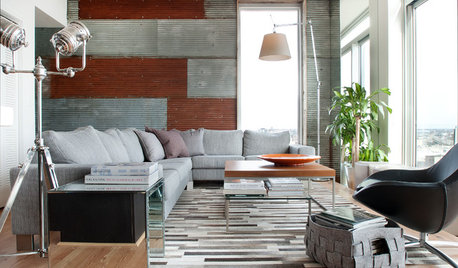
DECORATING GUIDESBring in da Funk: How Humble Touches Give a Home Soul
Shake up expectations and stir up interest with pieces that show patina, create contrast or offer a jolt of surprise
Full Story
DESIGN POPBakers’ Home Storage Tips for Sliced Bread’s 90th Birthday
In honor of the bread slicer’s debut in 1928, we offer the best bread storage tips since, well ... you get it
Full Story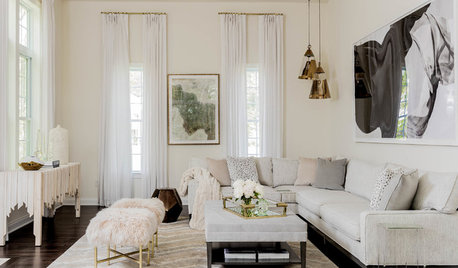
TRANSITIONAL HOMESHouzz Tour: Designer’s Home Is Stylish, Serene and All in Cream
A newly built house in Massachusetts gives an interior designer a blank canvas to create the home of her dreams
Full Story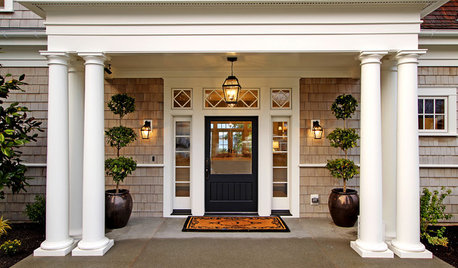
HALLOWEENPrepare Your Home for Trick-or-Treaters
Bright lights, festive decor and clear paths help make Halloween night safe for all ages
Full Story
EXTERIORS5 Pro Tips for the Best Home Exterior Updates
Knock your block's socks off with this professional advice to give your home's exterior a striking new look on any budget
Full Story
DECLUTTERING10 Tips for Clearing Out the Family Home
A professional organizer offers advice on emptying a family home in preparation for a sale
Full StoryMore Discussions






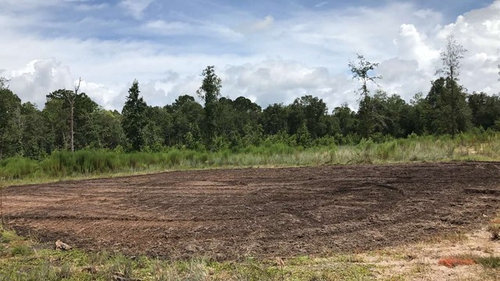

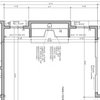
User